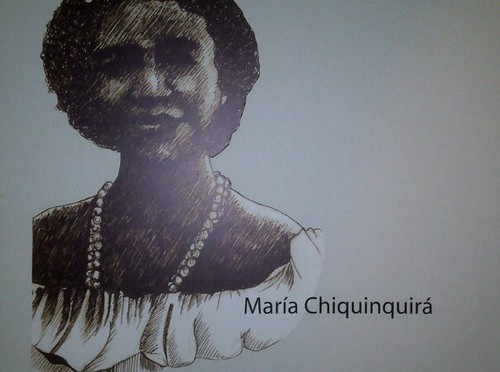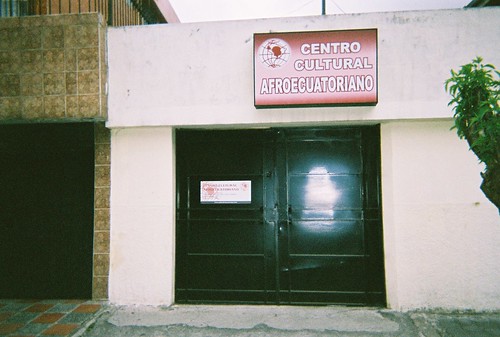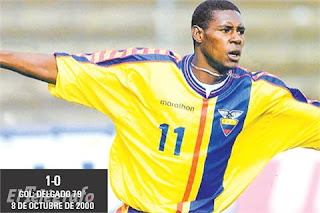Negro, negro renegrido Black, black, blackened
Negro, hermano del carbón black, brother of charcoal,
negro de negros nacido black of blacks born
Negro ayer, mañana y hoy Black yesterday, tomorrow, and today
Algunos creen insultarme Some believe they insult me
gritándome mi color mocking my color,
más lo mismo yo pregono but I myself proclaim it
con orgullo frente al sol with pride in the place of the sun
Negro he sido, negro soy Black I was, black I am
negro vengo, negro voy Black I come, black I go
negro bien negro nací black, real black I was born,
negro negro he de vivir black black I must live
y como negro morir and as a black I must die
Negro, hermano del carbón black, brother of charcoal,
negro de negros nacido black of blacks born
Negro ayer, mañana y hoy Black yesterday, tomorrow, and today
Algunos creen insultarme Some believe they insult me
gritándome mi color mocking my color,
más lo mismo yo pregono but I myself proclaim it
con orgullo frente al sol with pride in the place of the sun
Negro he sido, negro soy Black I was, black I am
negro vengo, negro voy Black I come, black I go
negro bien negro nací black, real black I was born,
negro negro he de vivir black black I must live
y como negro morir and as a black I must die
~~~Nelson Estumpiñán Bass
In 1997, the Ecuadorian National Congress declared October 2 as the National Day of Black Ecuadorians. This, in turn, motivated black communities to organize and create Afro-Ecuadorian Cultural Week in Quito, the nation’s capital, in an effort to raise awareness of Afro-Ecuadorian culture as well as their political and economic challenges, and where black leaders introduced a proposal to improve the economic, political, and cultural status of Ecuador's Black communities.
Monica Chalá, former Miss Ecuador
The existence of Blacks in Ecuador was brought to center stage internationally when it was revealed that two-thirds of Ecuador’s impressive 2006 World Cup soccer team, who made their presence felt, was of African descent. Ecuador’s performance brought in visitors from around the world, including me, to Ecuador’s black community in the Andes Mountains known as Valle del Chota (Chota Valley), which produces many of Ecuador’s professional soccer stars.
Augustín Delgado, Ecuador's Shaquille O'Neal of the soccer world
According to the 2001 census, Afro-Ecuadorian population is 604,009, or 5 per cent of the total population. However, Afro-Ecuadorian organizations argue that this number is inaccurate due to problems with self-classification, such as those blacks who don't want to consider themselves black. They estimate Ecuador's black population to be at 10%, living mostly in the northern coastal province of Esmeraldas and in the south-central coastal region. About two-thirds of Afro-Ecuadorians now live in urban areas like Quito, the nation’s capital and Guayaquil, Ecuador’s second largest city.
 Marí Chinquinquiá was the first slave in Ecuador to win her freedom. She did it through legal means.
Marí Chinquinquiá was the first slave in Ecuador to win her freedom. She did it through legal means.
Alonso de Illescas (1528-1585)
Ecuador's Nat Turner who successfully led black rebels against Spanish forces refusing to be slaves.
Antonio Preciado Bedoya
Ecuador's leading black poet today.
Nelson Estumpiñan Bass, literary giant; a contemporary of the African-American literary giant Langston Hughes who wrote about the black experience in Ecuador.










